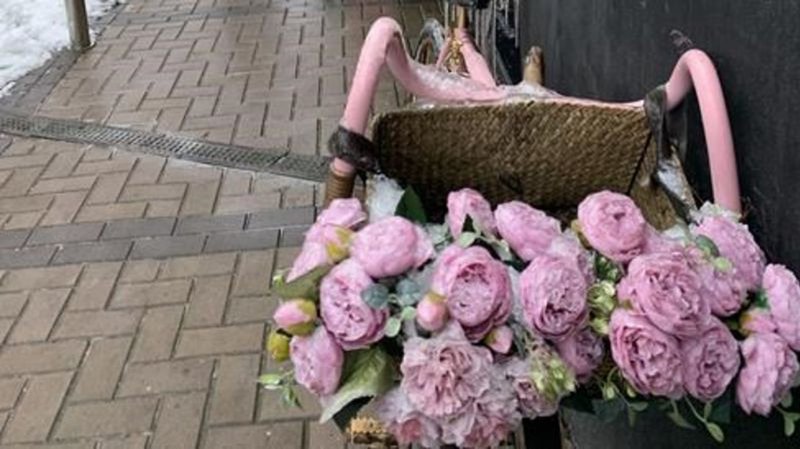
More missiles hit as Ukrainians brace for ‘worst winter’ since Second World War
KYIV, Ukraine — Another barrage of Russian missile strikes hit Ukraine Wednesday, dealing a setback to the country’s struggle to restore its power network as winter sets in.
“As we speak now, Russia has launched a new wave of missile attacks on Ukrainian critical civilian infrastructure,” Oleg Nikolenko, the spokesman for Ukraine’s Foreign Affairs Ministry, said in an interview.
Because of the latest strikes, the interview took place in a ministry bunker several storeys underground, inside a small concrete cell.
For weeks, the Russian military has been systematically targeting Ukraine’s transportation and electricity distribution infrastructures.


